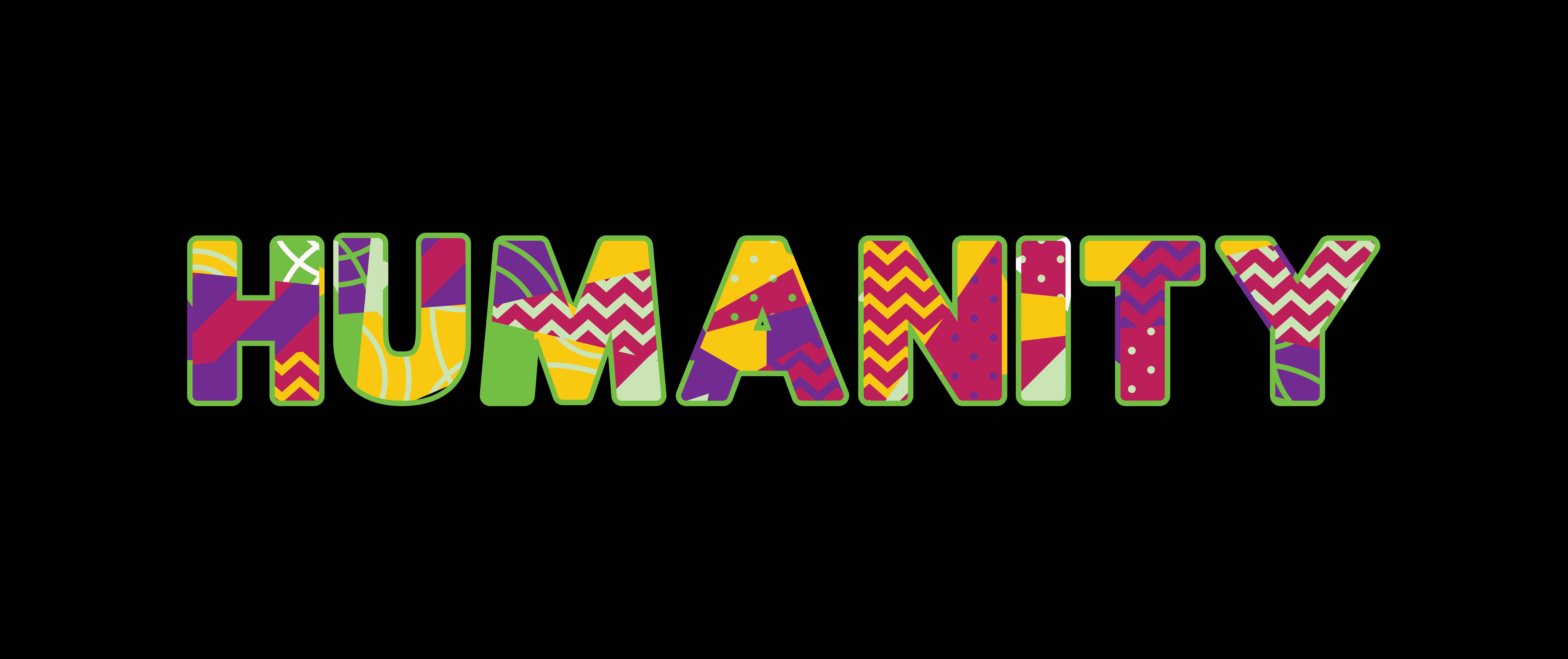Rush To Judgment
So … I have been really swamped lately—with work for students and work for myself. I put deadlines on my writing, and I haven’t been meeting them. I am thinking it’s part of the syndrome of believing things will take less time than they actually do. This delusion is a real “thing.” It’s called “planning fallacy,” and it was first proposed by psychologists Daniel Kahneman and Amos Tversky in 1979.
Planning Fallacy
Planning fallacy reflects a “positivity bias,” so at least I can take some comfort knowing that I look at the world through a glass-half-full lens! (Here’s a great TEDTalk about positivity bias by Tali Sharot.) It’s really common too, so next time a contractor gives you a completion date—that he inevitably doesn’t meet—don’t get mad. Have some compassion (even when your kitchen/bathroom/floors are unfinished and you have to go to the gym to take a shower).
But planning fallacy and how to overcome it is a conversation for a future blog. I’m bringing up my being swamped so I can tell you how I found myself in the library.
When Your Spouse Retires
 Now that Steven’s retired and is spending much more time in the house, I get distracted when I work at home—I want to chat and check in on what he’s doing. So, when I have stuff I need to do, I pack up and head to the library. (How to readjust when your spouse retires—that’s also a topic for another blog. If you have a few minutes, you must read this pee-in-your-pants-funny article about life after your spouse retires.)
Now that Steven’s retired and is spending much more time in the house, I get distracted when I work at home—I want to chat and check in on what he’s doing. So, when I have stuff I need to do, I pack up and head to the library. (How to readjust when your spouse retires—that’s also a topic for another blog. If you have a few minutes, you must read this pee-in-your-pants-funny article about life after your spouse retires.)
I mentioned that I was swamped and brought my work to the library because I want to share this story. (I think you’ll find it pretty pee-your-pants-funny too!)
There I am, working away—and miraculously on schedule—when I decide to take a little break. I am sitting in the quiet room of the Manhasset Public Library. It’s a lovely room. Comfy chairs in the front (that’s where I sit), spacious, round tables along the right side, and a row of carrels across the left. It wasn’t too crowded—thank goodness (you’ll see why in a minute)—but I’d say there were about ten of us, sitting, reading, typing … you know, doing the things people do in a library—quietly.
So … back to my little break
Because I wanted to switch gears a bit, I decided to listen to the next installment of the online Tarot course I purchased about six months ago—you never can learn enough about the Tarot. I took my earbuds out of my bag, put them into my ears, and pressed the link on my laptop. Brigit’s lovely Aussie accent was so relaxing. She explained what the module was about—how to meditate with each of the Major Arcana—and was just about to pick a card from her deck when a man came into the room and walked over to me.
 My first thought was, “There are so many empty chairs, why are you picking one right next to me!” (Obviously, compassion, sharing, and connection were not foremost in my mind at the time.)
My first thought was, “There are so many empty chairs, why are you picking one right next to me!” (Obviously, compassion, sharing, and connection were not foremost in my mind at the time.)
The man, it turns out, had no intention of invading my space. He just wanted to let me know something: “I don’t think this is the best place to listen to that,” he said, kindly, with a generous smile.
I looked down and realized that although my earbuds were in my ears, I had neglected to connect the other end to my computer. While I was hearing my teacher loud and clear … so was everyone else in the room!
Ah, Humanity!
Ah, humanity! We all make mistakes. We all find ourselves in embarrassing situations. Each of us is human. But why, when we’re the ones getting the “we-are-all-human” reminder, does it feel so bad?
Well … this particular incident didn’t really feel all that bad. I actually laughed. And apologized. And immediately sent out a text to at least five people, sharing my “faux-pas.”
The Tarot-on-blast-in-the-library incident didn’t feel all that bad. But it did feel bad—if only just a little.
 The other people in the room were much younger than I am. I imagine (and trust me, that’s not the biggest stretch) that they’re more tech savvy too. But then I took a huge leap: I also imagined their thoughts. Stupid old lady, who doesn’t even know that the sound is on … stupid old lady, she knows nothing about technology … stupid old lady … what is she doing listening to Tarot?”
The other people in the room were much younger than I am. I imagine (and trust me, that’s not the biggest stretch) that they’re more tech savvy too. But then I took a huge leap: I also imagined their thoughts. Stupid old lady, who doesn’t even know that the sound is on … stupid old lady, she knows nothing about technology … stupid old lady … what is she doing listening to Tarot?”
Does Anyone Notice a Theme?
I think that when we become embarrassed, when our “humanity” is called out, we often go to our weakest spots. We feel that we are standing naked, exposed to the whole wide world. (Never mind that in my case there were only 9 other people in the room, who didn’t care a stitch about me. They truly either wanted me to shut off the damn thing or turn it up–because Tarot, let’s face it, is always more interesting than textbook work.)
I get that.
But I kept thinking about the weak spot. What was it? Was it my love of Tarot? Was I worried that people might think I was a little (or a lot) weird? Maybe that was part of it. I was in Manhasset, after all, probably not the New-Age/alternative healing capital of the world.
Was the weak spot that my technological skill—or lack thereof—was on display? Now we’re getting warmer, I think.
The only constant, however, in all three of my imagined thought scenarios was stupid old lady. And, honestly, that surprised me—and troubled me, too.
I Hate the Word “Stupid!”
First off. I hate the work “stupid.” It’s a mean word that’s screams of impatience, dismissiveness, and judgment.
Old lady? I can deal with that. I can own that. “Old lady” itself doesn’t feel offensive to me. It’s neutral. It’s a fact. But when it’s preceded by a negative adjective, like “stupid” or “foolish” or “slow” or … about 1000 other possible mean words … my hackles rise—or my heart drops—or some combination of the two.
When people reduce a group of other people to one nasty adjective, they are engaging in violence. I chose the word “violence” carefully, and not for dramatic effect. Putting people in boxes is a violence. I know that from my experience with the mentally ill. From my experience meeting and writing about formerly incarcerated men. From my experience … in the library?
“Stupid Old Lady” Was Strictly My Own Projection

“Stupid old lady” was actually my own violence against myself. No one called me that. Or looked at me funny. “Stupid old lady” was strictly my own projection. My imagining of what others were thinking.
And when I imagine what others are thinking, I am committing a violence against them!
Violence and negativity never come from a good/happy place. Mine, that day, came from my embarrassment. It came from the fear of being judged. (When I was younger, I might have replaced “stupid old lady” with “Stupid fat lady.” But fat and weight—you guessed it—are topics for another blog.)
This incident and, more specifically, my reaction to it, started me thinking about the current state of our country. About our divisions. And the words many of us use (either out loud or to ourselves) about those whose political beliefs differ from our own.
I started thinking about how easy it is to commit violence.
Our Text-ersation Felt Healing … and Wonderful
So … back to the library and my 5 texts. My wonderful friends came through for me. One friend sent me back the laughing-so-hard-she-had-tears emoji. Another said OMG, really??? (I’m still on the fence with whether I can say that friend truly came through—if you’re reading this, friend, and you know who you are, there’s still time to redeem yourself!) Two of my friends laughed and said they hoped the other library patrons learned something. (One of them actually suggested I say “you’re welcome” on my way out!)
And one friend, a woman well under 50 told me that my story was exactly what she needed to hear at that moment. She was traveling, had just boarded a plane with her dog, when another woman made a nasty comment to her about her precious pooch. Because my friend wasn’t feeling well and was tired to boot, she burst into tears and was very embarrassed about that. (I think I need to examine this thing we have about women and tears—yes—in another blog post.)
Connecting with my teary-eyed pal around feeling exposed and vulnerable was important. Our text-ersation felt healing … and wonderful.
“I’m sorry for Judging You for What I Imagined You Were Thinking.”
So, instead of–or in addition to–saying “you’re welcome” to the other library patrons on my way out, I think I should have said “thank you.”
And maybe “I’m sorry for judging you for what I imagined you were thinking.”
Thank you, my fellow library patrons, for thinking or not thinking whatever you were thinking (or not thinking). Thank you to the man who brought to my attention that I was blasting Tarot teachings in the Quiet Room (and for being so kind when you did). And, yes, thank you to the Universe.
The Universe is always there to point out my imperfections—all the glorious imperfections that make me the human I am.
 As we move further into the holiday season and make our way into the 2020, I invite you join me in embracing our little moments of vulnerability, of exposure. Let’s also take a step back and think twice before we use “adjectives” to label others—or ourselves.
As we move further into the holiday season and make our way into the 2020, I invite you join me in embracing our little moments of vulnerability, of exposure. Let’s also take a step back and think twice before we use “adjectives” to label others—or ourselves.
I definitely don’t want to add to the violence that already exists in the world. Peace on earth—it begins with you and me.
As always, I’d love to hear your thoughts. Please leave a comment or send me an email!
Stay warm. Happy holidays. See you January 3!
Diane

P.S. I know I promised the bullying post for December. I think my Planning Fallacy got the better of me again. I appreciate your patience. It will be up in January!


So much to love & learn here, as usual 🙂
How serendipitous that you chose to share your embarrassing incident with your friend who needed consoling at that exact moment!
As far as committing violence against those with different political leanings is concerned, I had to rethink my judgements when I made friends with a writer on the opposite end of the political spectrum; I decided that if I wouldn’t be comfortable repeating particular comments to my new friend, I had no business even thinking them. This has helped me to increase my empathy, and to see people as more complex than just their political leanings.
With the help of my therapist, I’m becoming aware of the near constant voice of self- criticism in my head. She encourages me to ‘talk back’ to it, to challenge it. I’m trying to live by this maxim now: if this is something I wouldn’t say to anyone else, I definitely should not be saying this abusive stuff to myself.
Thank you, Diane!
Happy holidays to everyone!
Wow, Sarita! That therapist is a keeper! What wonderful advice: “if this is something I wouldn’t say to anyone else, I definitely should not be saying this abusive stuff to myself.” Talking back to the voice inside–I will have to try that!
Oh Diane – I love how you used the word violent to describe how we criticize ourselves. I remember a quote from Thomas Merton who said we do violence to ourselves if we try to do too many things. There is so much violence in the world and I appreciate your pointing out that we have to begin with ourselves. We will see how difficult it is to resist violent thoughts when we work on ourselves.
My best to you for a great holiday season!
Thanks, Nicky, for your comment. Love “There is so much violence in the world … we have to begin with ourselves.”
Happy holidays to you!